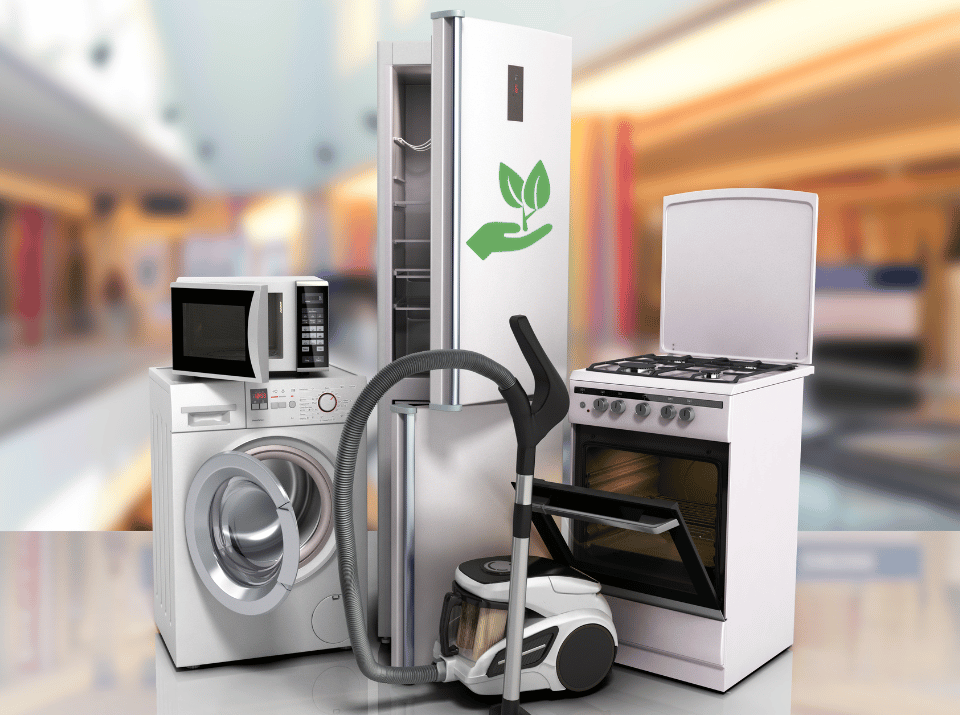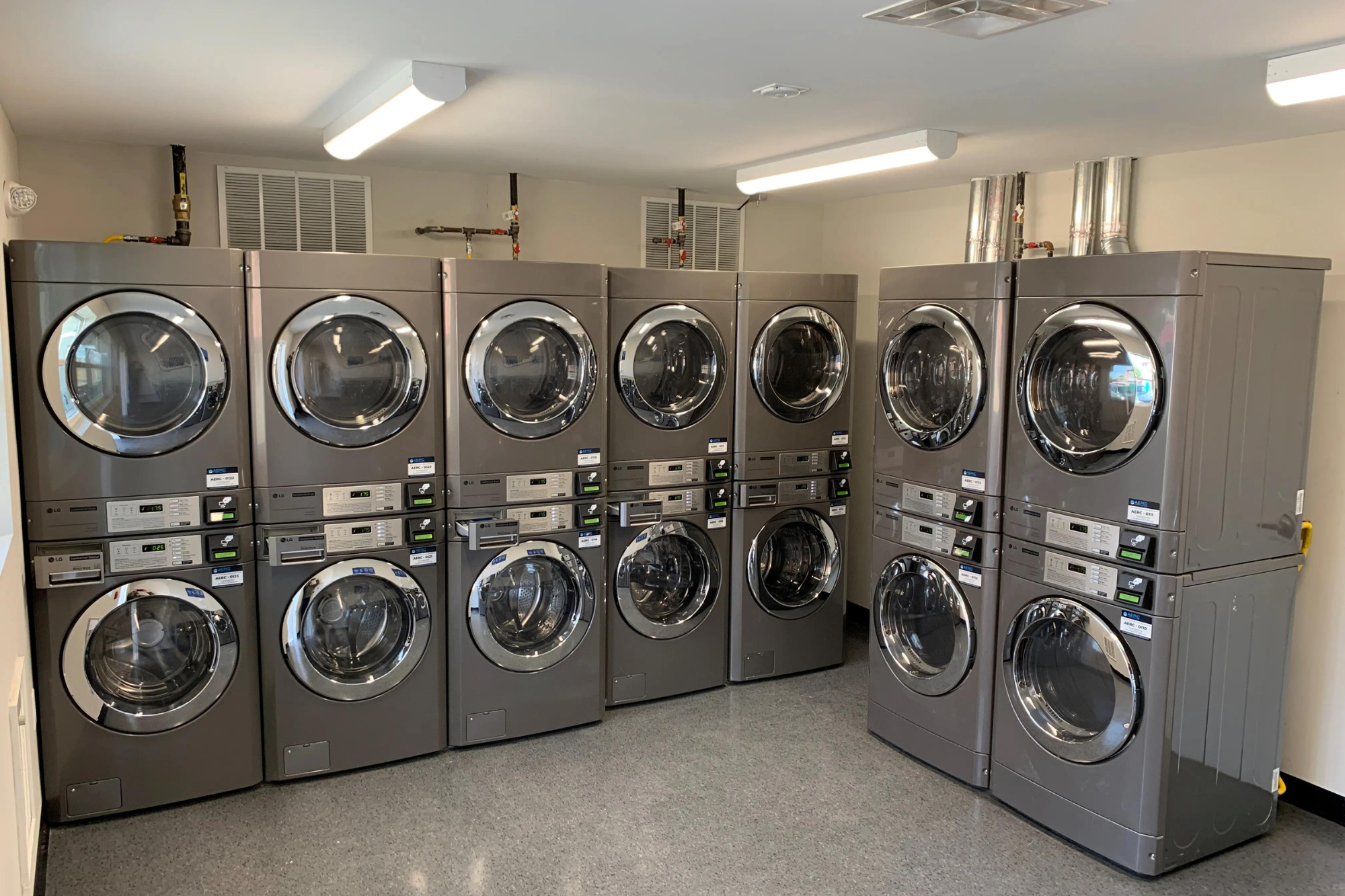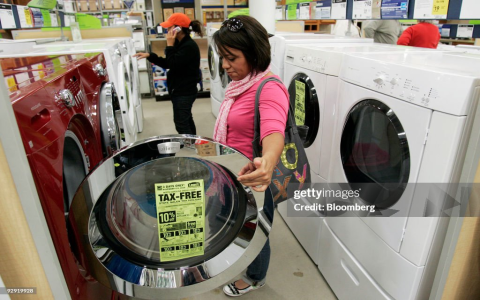Can You Write Off Washer and Dryer on Taxes? An Insightful Guide
Navigating the labyrinth of tax deductions is often a daunting task. As tax season approaches, many homeowners find themselves questioning what household items, if any, can be written off. One such query revolves around appliances like washers and dryers. Understanding which expenses are deductible requires a deep dive into tax laws and regulations, especially regarding home appliances.

Understanding Tax Deductions for Appliances
When it comes to tax season, many taxpayers look for deductions to lower their taxable income. However, not all home purchases are eligible for tax deductions, and washers and dryers typically fall into the category of personal expenses. Generally, personal home appliances are not deductible on your federal tax return. Yet, there are specific scenarios where they could be part of a tax deduction strategy.
Rental Property Deductions
One common situation where a washer and dryer might qualify for a tax deduction is if they are part of a rental property. If you’re a landlord, you can deduct the cost of these appliances as a business expense. This deduction can be achieved through depreciation, which allows you to spread the cost of the appliances over their useful life. By classifying these items as part of the rental property’s operating expenses, landlords can significantly reduce their taxable rental income.
Home Office Tax Deduction
Another potential scenario is if you operate a business from home and the washer and dryer are used for business purposes. For instance, if you’re running a home-based laundry service, a portion of the cost of these appliances can be deducted as a business expense. However, it’s crucial to maintain thorough documentation proving the business use of these appliances to substantiate the deduction during an audit.
Energy Efficiency Incentives
Governments also occasionally offer tax credits for energy-efficient appliances. Although this is not a direct write-off of the washer and dryer, purchasing such an appliance can often lead to eligibility for tax credits. These credits help lower the overall cost of the appliance by reducing your tax bill dollar for dollar. It’s worth consulting with a tax professional or reviewing current tax codes to determine if any energy efficiency incentives apply to your purchase.

Keeping Accurate Records
Proper documentation is a cornerstone of successful tax deductions. For both rental properties and businesses utilizing washers and dryers, maintaining receipts, warranty information, and energy efficiency certifications can provide necessary proof for deductions or credits. Digital backups of these records can further safeguard against losing physical documents over time.
Consulting a Tax Professional
Given the complexities surrounding tax deductions and potential audits, seeking advice from a tax professional can help clarify eligibility for writing off appliances like washers and dryers. Tax rules and regulations are constantly evolving, and a professional can provide the most up-to-date advice tailored to your unique circumstances. They can also ensure that you’re complying with the relevant tax laws and maximizing any available deductions or credits.
Owning a washer and dryer can indeed be a part of your tax deduction strategy under the right circumstances, such as rental property use, business use, or through energy efficiency tax credits. Proper documentation and professional tax advice can be invaluable tools in ensuring that you can take advantage of possible deductions without running afoul of the IRS. As always, an informed approach paired with strategic planning can simplify navigating the often-complicated world of tax deductions.



